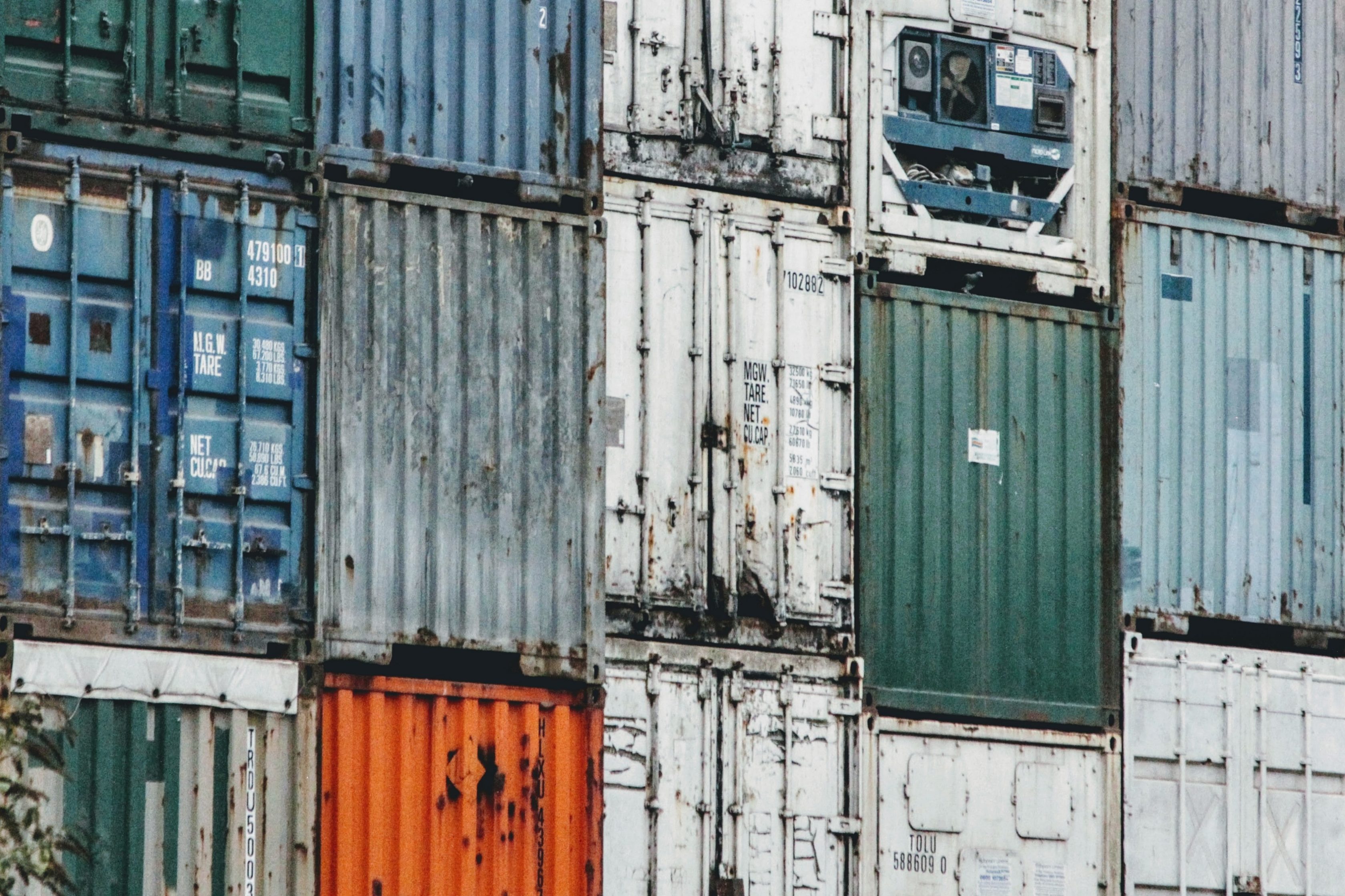- After two years of strong growth, the world economy is “back to purgatory” due to global uncertainties, the US-China trade feud and the drawbacks of financial repression, according to Euler Hermes’ international macroeconomic scenario for 2019 and 2020.
What to expect for the world economy in 2019 and 2020?
The trade credit insurer forecasts world GDP growth to reach only +2.7% in 2019 and 2020, compared with +3.1% in 2018.
Insolvencies will be on the rise by +7% both in 2019 and 2020, with a noticeable increase in Asia (+15% in 2019), a rebound in Europe (+3%) and a gradual trend reversal in the US by 2020. Seven out of ten countries will register an increase in corporate insolvencies in 2019 and one of two countries will end 2019 with more insolvencies than posted annually before the 2008-2009 global crisis.
Finally, considering the current shock of global uncertainty, with US public debt to become a source of instability from Q4 2019, the US economy is expected to grow by +2.5% y/y in 2019 and by +1.7% in 2020. China will decelerate to +6.3% and +6.2% respectively. The Euro zone will significantly decelerate as well: +1.2% in 2019 and 2020, compared with +1.9% in 2018.
Will the US-China rivalry lead to a global trade war?
The US-China “trade feud” scenario predicted by Euler Hermes a few months ago is expected to last until the end of the year. It already has and will continue to impair the world trade and investment cycle as emerging markets are starting to feel the pain. It has led Euler Hermes to revise its trade forecast to the downside with +2.2% in volume terms this year and +2.5% in 2020, after +3.8% in 2018.
Furthermore, the trade feud could include several battlefields beyond the US-China rivalry. Trade tensions have recently increased between South Korea and Japan. Political uncertainties, such as looming pivotal elections in emerging countries and the recent renewal of key positions, as well as the installation of new Parliament in Europe, also point towards possible surprises on the trade policy stance.
Political and financial risks: the vicious circle continues
Global political risk, currently close to a historical high, is another self-defeating process. Interventionism, public overspending and revisions of traditional economic policies throughout the world continue to cause market turmoil. Until now, their effects on household and corporate confidence, while visible, have fortunately remained limited.
Moreover, financial repression is progressively turning into a vicious cycle, where extremely low levels of interest rates struggle to keep economies afloat while nurturing risks over the medium-term. Euler Hermes believes that a recession could come from excesses built by financial actors. For now, there is in particular a disconnect between fundamentals and the equity market, which could generate instability later on.
Shallower and shorter-lived than the last recession, the next downturn will test the abilities of companies and economic powers to do the right things at the right time when faced with recession, since traditional policy tools and international cooperation have weakened.
